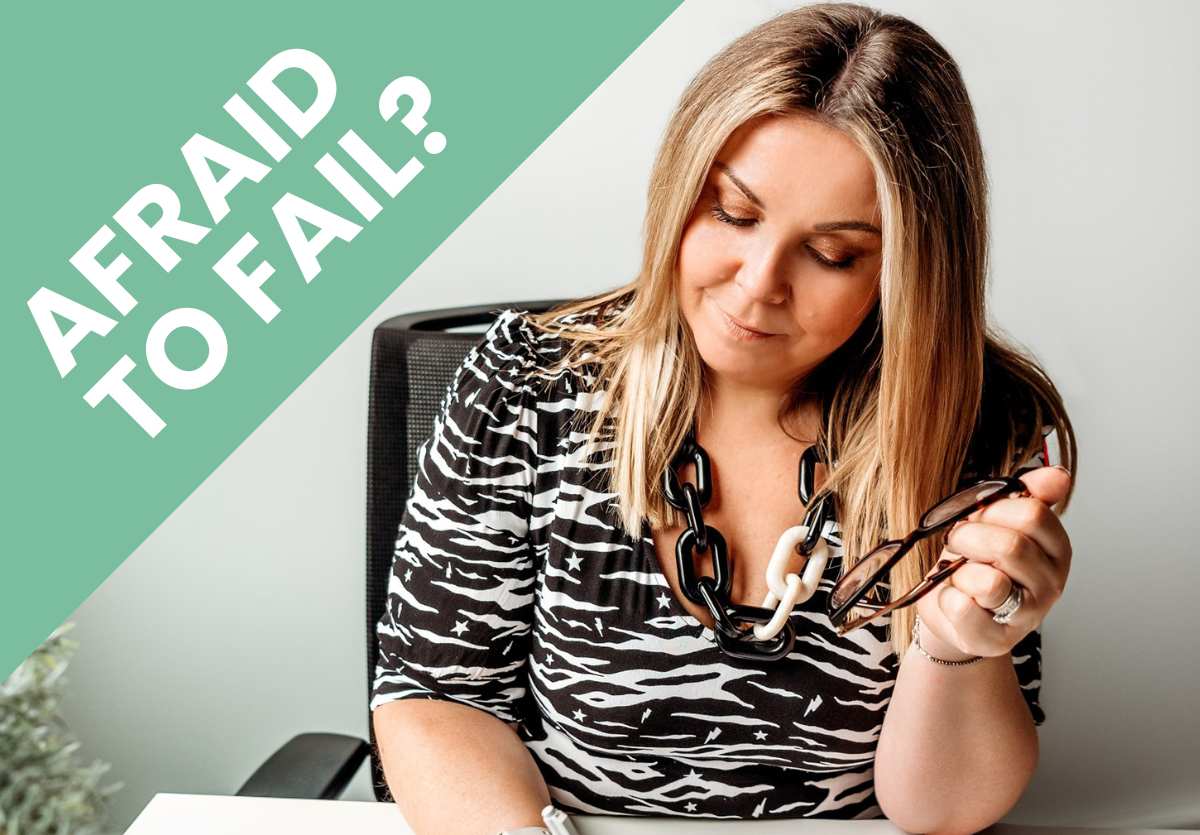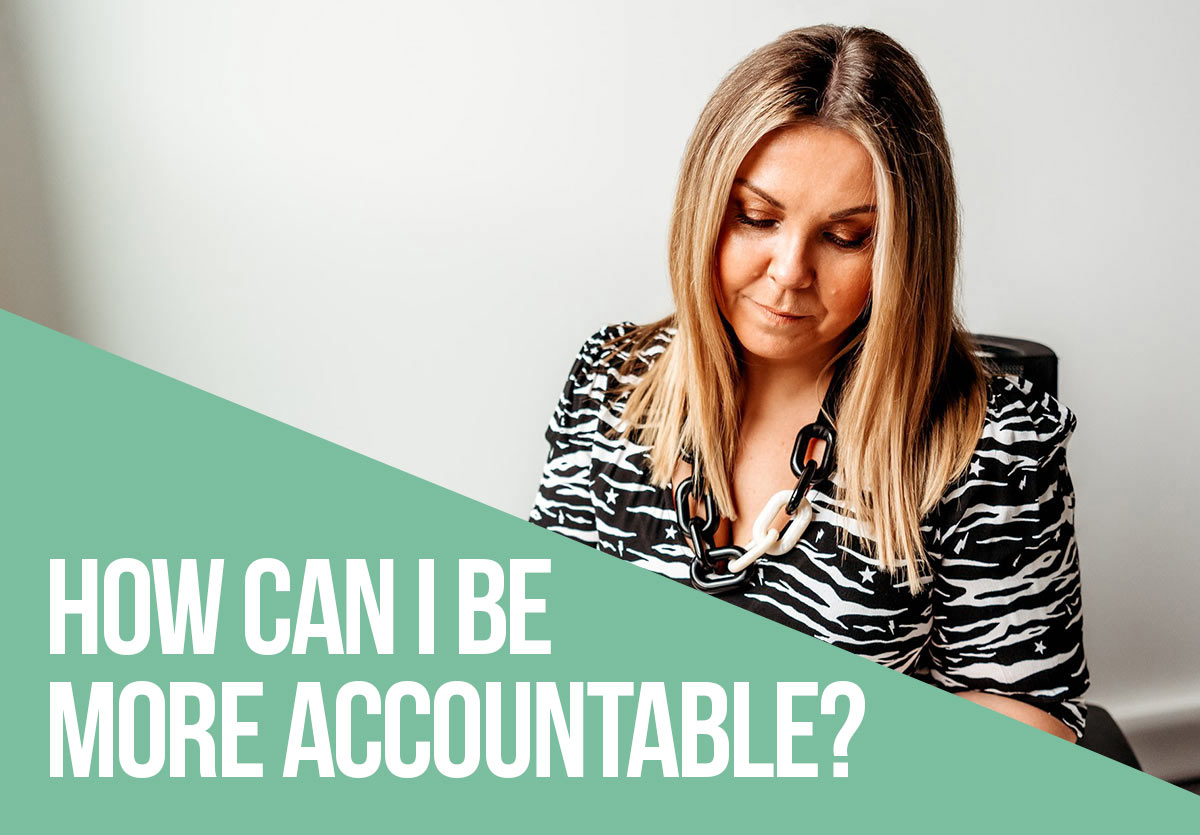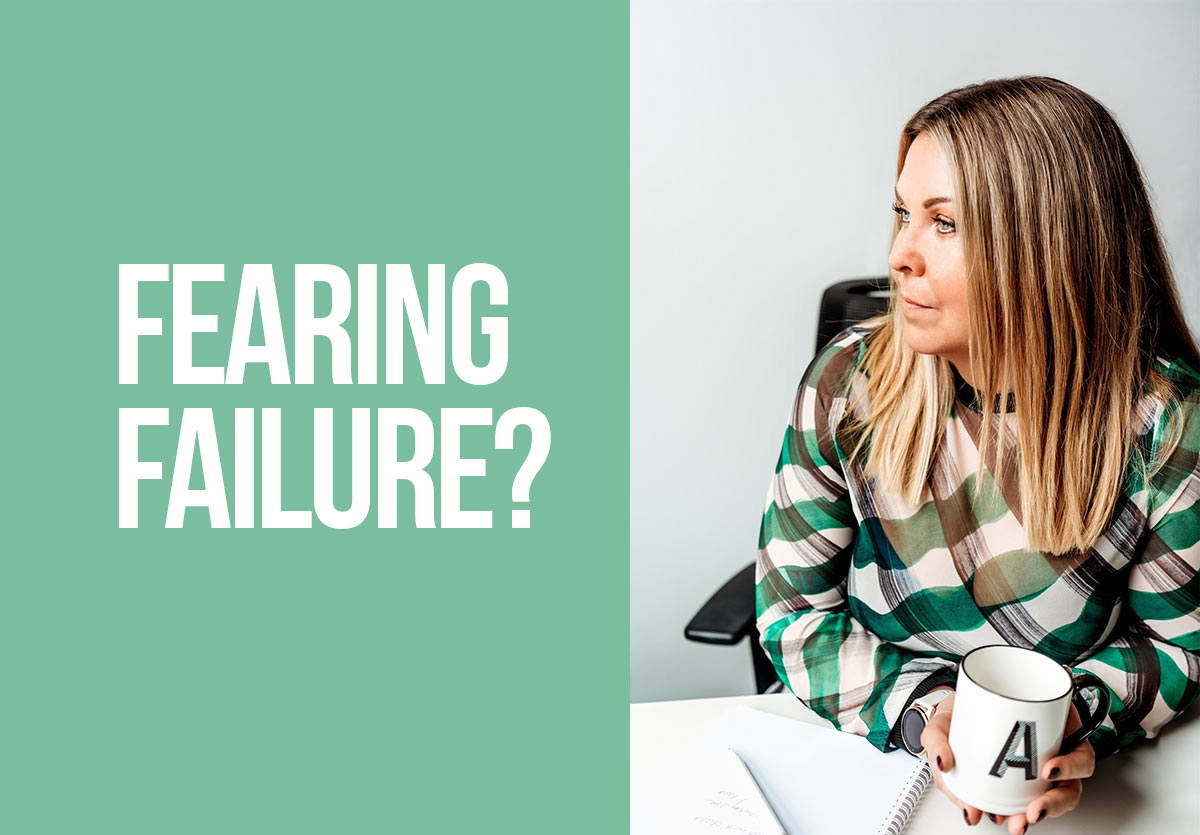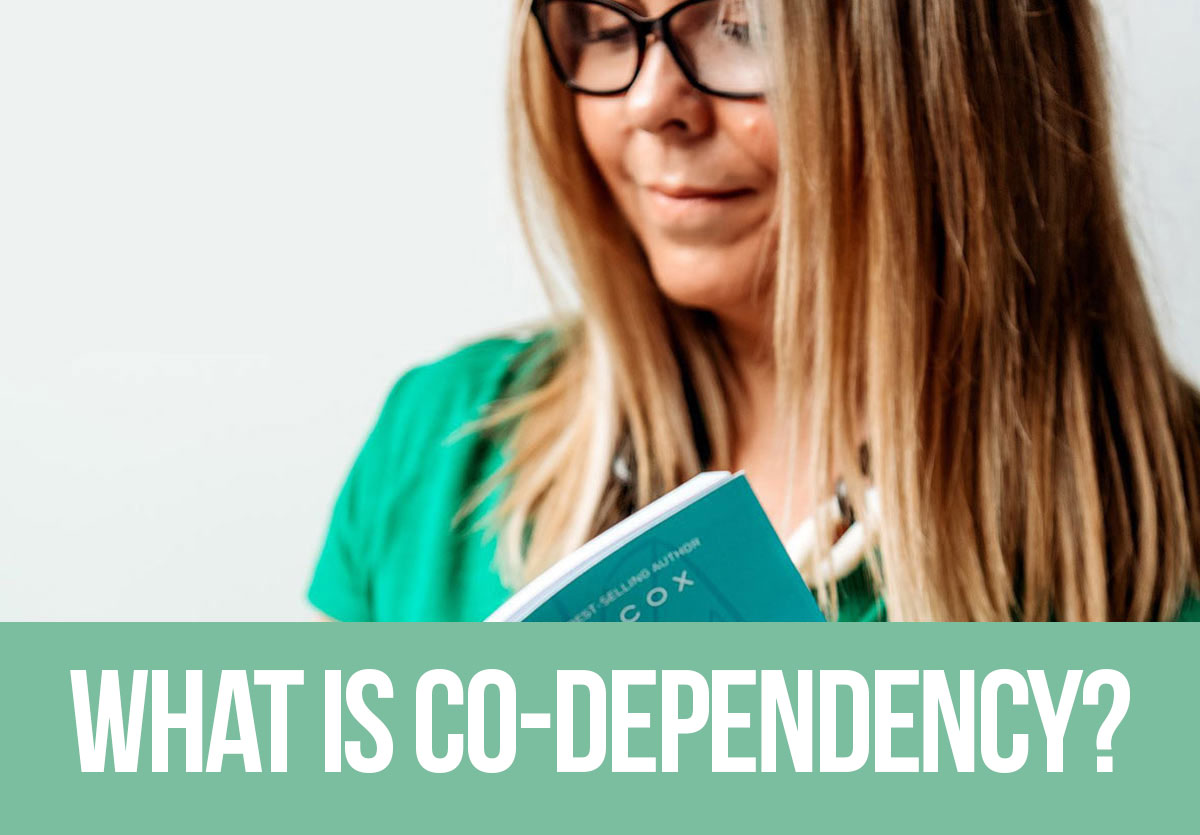
As an old colleague of mine when faced with a challenge used to say, ‘Wow, this bugger has teeth’, and in the case of the fear of the outcome, he is right. It isn’t always failing we are afraid of, sometimes it can be the idea of succeeding that is unappealing to our deep subconscious.
Fear of outcome is a ‘double bubble’ fear, which has us performing an interesting dance. Win or lose, pass or fail, mess up or be successful, two sides of the same coin with both leading to DISAPPOINTMENT. Even if you are on the sunny side; winning, passing or being successful, you’ll likely be disappointed with the outcome as you’ll probably believe you should have won bigger, passed higher or succeeded better.
This fear reminds me of the fairground ride that you see Danny and Sandy standing on in the showdown of Grease. In her red heels, Sandy balances on the rubber conveyor belt which simply shifts from side to side, whilst she goes nowhere, totally glued to the same spot. This is like the experience you get when you are locked down by the fear of the outcome shackle. You might think you are moving, but your subconscious has other ideas and does everything in its control to keep you exactly where you are. That way, nobody gets hurt, right?
Have you ever felt so afraid of messing something up that you do not even attempt it? You find yourself saying ‘I can’t do it’ before you have even tried. Or maybe you have subconsciously put in a half-ditched attempt to avoid a later, larger failure, such as not preparing for stage one of an interview process, so you mess it up and in doing so, get out of having to do the stage 2 assessment centre. Think about some of the situations when you have messed up. Was there a more significant challenge due to follow the first?
I want you to understand the definition of failure. Just as fear itself is an individual thing, how we view, and measure failure will be personal to you also. The lucky ones can view failure as a ‘fantastic learning opportunity’, and indeed I consciously aim to convince myself of this every time I mess up. It certainly is not my first instinct, but with lots of work, heightened awareness, and reframing, I have been able to put failure into perspective most of the time. (Note, I do not say ALL the time, remember I am not a robot, and nor are you). However, I know that for many, failing is something to be afraid of, and when it takes hold, it causes inaction, stopping you from reaching your potential.
The pain of failure can supersede the utterly gorgeous potential pleasure of success, and the subconscious mind takes to the driving seat sabotaging the chances of victory. Avoidance of pain will always be the chosen path of your subconscious unless you provide a compelling case for pleasure. This is the reason why creating a vivid and illuminating picture of the potential outcome works in your favour as it gives the subconscious a blueprint to follow.
The reality is it is not the prospective outcome that creates the fear; it is the pit of the stomach, bile inducing emotion of shame that is the real pain we try to avoid. People who fear failure are driven to avoid situations that might lead to it because they simply cannot cope with the deep shame it invokes within them. Unlike emotions that penetrate what we DO, such as an action like secret eating which will invoke the feeling of guilt; shame gets to the core of who we are as a person, our very identity and in doing so makes us feel rotten about who we ARE rather than simply what we have done or not done. Shame attacks the ego.
Suppose you have grown up in an environment where success is celebrated, and you were praised whenever you did well. In that case, this can engender a fear of failing because it plays into the never enough programme, creating a breeding ground for a shame response. You can see then why this lock is worth cracking open. While it remains locked, you stay on the fairground ride, glued to the spot, just like Sandy.
If you experience fear of failure, you might be familiar with my 4Ps
–Procrastination – Putting off completing difficult tasks or seeing through your goals
–Perfectionism – Only doing the things you know you can already do well
–Possibility avoidance – Choosing not to explore what success might look like and not putting yourself forward to try new things
–Playing small – Thinking you are not able to move beyond where you are now
You can read about how to overcome this in my book You’re Better Than You Think You Are but for now let us explore the other side of the outcome coin, the fear of success.
Just as growing up in an environment that praises excellence can lead to fear of failure, being mocked for your successes by insecure siblings or parents, can invoke the fear of success. I have worked with lots of clients who were told to play down their accomplishments because ‘it is rude to boast.’
Have you ever heard your inner critic say, ‘Who are you to get ideas above your station?’ or ‘who do you think you are?’
How do those phrases make you feel? When have you heard them before? If you are relatively neutral, this probably is not coming from a place of conditioning, but if hearing these terms gives you the heebie jeebies, it is worth exploring the rest of this section.
If you harness this belief due to your conditioning, it can cause you to dampen down your successes and feel anxiety when too many things start going your way, even leading you to sabotage your efforts. Yep, you read that right! You will purposefully get in your way and stop yourself from succeeding at the level of your actual capability. How bonkers is that? We are overly complex beings at times.
I was certainly sabotaging my efforts during my first attempt at post-graduate academia. I am a clever girl and did well at school. I remember a school report produced by Mrs Parker, a middle-aged teacher with tight curly grey hair and block heeled ‘like the queen would wear’ court shoes. She was extremely strict and properly scary especially when she shouted but for some reason, she was always nice to me, albeit it felt like she expected high performance from me in return. She wrote ‘Top of the Class! What more can I say?’. This type of comment was not uncommon during my formative years and continued through secondary school too. I did not go to university after A-Levels choosing a boy instead, and so when I decided to start a Post Grad qualification at King’s College London in 2019, despite lots of evidence I was bright, I was carrying a belief I might not do so well. The upshot of that year of study was that I missed out on a distinction by one point. When I looked honestly at my performance over that time, I know I was only putting in 60% effort. My fellow students would take hours every week to pour over the content, repeatedly listen to the lectures, make mind maps, and notes a plenty. When it came to exam period every 6-weeks they would spend every- minute of the allocated 4-day time limit producing the essays. I on the other hand, listened once to each lecture, understood the high-level points, discounted the parts I would not ever need and took the path of least resistance to get to the goal. This is a key strategy for those who are prone to imposter syndrome too. If I would have put in the effort, who knows what result I could have pulled off, but I know I was sabotaging.
Self-talk included: –
‘Don’t play too big.’
‘Who do you think you are swanning off to university?’’
‘Us working-class folks don’t do that.’
‘We get a job, and we graft.’
‘University is for posh people.’
And the outcome? I was disappointed at the Merit. Very!
It has only been during the writing of this book that I have become aware that this is part of my pattern. And there lies another quick lesson; self-improvement is ongoing and relentless. You do not have to boil the ocean and fix everything all at once. For a start that is an impossible task. Take an iterative approach and boil one kettle at a time, drink the tea, and then get ready for the next cup. No matter how much tea you drink, there is always more where that came from and your journey to understanding yourself will be life-long. The aim is never perfection, it is progression.
For people who have experienced trauma, the excitement and pleasure of success can be too closely matched to the feelings experienced when subjected to the traumatic event. The heady feelings of success can be associated with the physiological responses to the trauma, and therefore they decide to avoid success to lessen the likelihood of experiencing the feelings.
Holding onto a fear of success does not always mean a person is not successful, but it can mean they stop short of their potential. Often those with a fear of success will be very goal-driven, which can lead a person to put so much energy into their goals; they do not have a life beyond them. It can also mean they tend to set goals they know can be easily achieved, and then feel frustrated when the height of their capability is not reached. Whichever avenue is taken, it can be fraught with frustration and feelings of dissatisfaction and whilst there is inevitably a little more action with this side of the outcome coin, it remains a difficult path to tread.
For help with dealing with these fears, consider working with me 1:1. Click here to find out more and book





